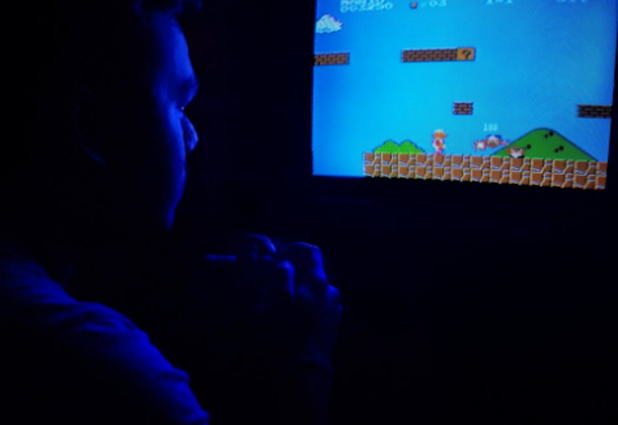|
|
Online gaming was officially recognized as a mental illness by the World Health Orgahization (WHO) in June, 2018, adding it to the International Classification of Diseases according to Newsweek Magazine.
For Online Gaming Disorder to be considered an addiction, the condition must extend beyond normal playing, to a point where players skip meals, sleep, or most anything that isn’t a game, potentially harming their life. In addition they must have exhibited tangible changes in their life such as the inability to keep a job or a relationship over the past twelve months.
Controversial Treatment
China as well as South Korea have recognized this problem and created treatment programs. In China, an estimated 24 milion people between the ages of 13 and 29 are addicted. Controversial electroconvulsive therapy is used in some cases at military-style boot camps. In South Korea, the government funnels millions of dollars into treatment centers and awareness campaigns. Some companies offer private counseling and addiction hotlines.
Dr. Petros Levounis of Rutgers New Jersey Medical School thinks the obsessve behavior and failure to control it are “strikingly similar” to symptions of drug addiction.
A Gambling Addiction by Any Other Name
You may be wondering why there is no treatment in the United States for the estimated three percent of the 160 million adults who play games online, who are or may become addicted. The answer is because the United States has yet to embrace any measures due to the American Psychiatric Association (APA) who refused to distinguish gaming addiction as a unique disorder. In 2013, when it published its most recent Diagnostic and Statistical Manual of Mental Disorders (DSM), the APA called for further research, leaving gambling disorder as the only officially recognized behavioral addiction.
Psychotherapist Nicholas Kardaras, author of “Glowkids: How Screen Addiction is Hi-Jacking our Kids,” says hooked gamers need to separate their personality from their addiction. “We have to help that person form a new sense of identity and accomplishment not associated with their gaming lives.”
If you suspect you might be addicted (and admitting there’s a problem is the first step), Dr. Levounis suggests you investigate 12-Step Programs and counseling. Some people may benefit from medications for treating depression and anxiety. Medical coverage is iffy though. Insurers cover conditions classified by WHO.
This report is not a diagnosis. We hope this information can guide you toward improving your life.
Review our Knowledge Base or the links displayed on this page for similar and related topics.
See Also:
Center for Substance Abuse Prevention (CSAP)
Center for Substance Abuse Treatment (CSAT)
National Clearing House for Alcohol and Drug Information
National Institute on Alcohol Abuse and Alcoholism (NIAAA)
National Institute on Drug Abuse (NIDA)

